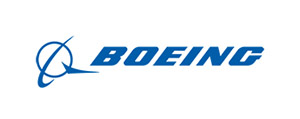Related News
The UK CAA meets the AI challenge, emphasizing potential "benefits" of the technology in all egdes of the aviation sector.
"The new strategy addresses both the challenges and opportunities, with a focus on trust from passengers to pilots", the British aviation regulator said." It sets out the steps that will guide the regulation of AI within the aerospace industry and aim to enable innovation while also protecting people."
AI has the potential to change aerospace for passengers, industry and regulation, including plane design, pilot training, route planning and even navigating through the airport.
"AI is a technology that is being harnessed in many sectors, and aerospace is no exception," Tim Johnson, CAA Director of Strategy and Policy said. "In doing so, we must ensure the benefits can be realised whilst maintaining the levels of safety and consumer protection that the public rightly expect."
Changes in "how we control the skies using real-time data and predictive modelling" and "AI assisted flying that analyses real time data to make routes quicker and more efficient, using weather data and flying conditions to maximum advantage" could boost sector efficiencies, the CAA said.
"Fewer delays" and better pilot trainings
AI-steering making "micro-adjustments as the tyres hit the tarmac" could lead to "smoother landings" of airplanes and help crews and passengers cope with crosswind conditions.
The CAA also expects "fewer delays through airports and air traffic control having use of AI tools that are able to foresee operational delays and conflicts" and "better pilots than ever", trained on "adaptive, data-driven simulations".
© aero.uk | Image: British Airways | 05/12/2024 09:11














Comments (0) Go to front page
To write a comment, please sign up at aero.uk or log in.